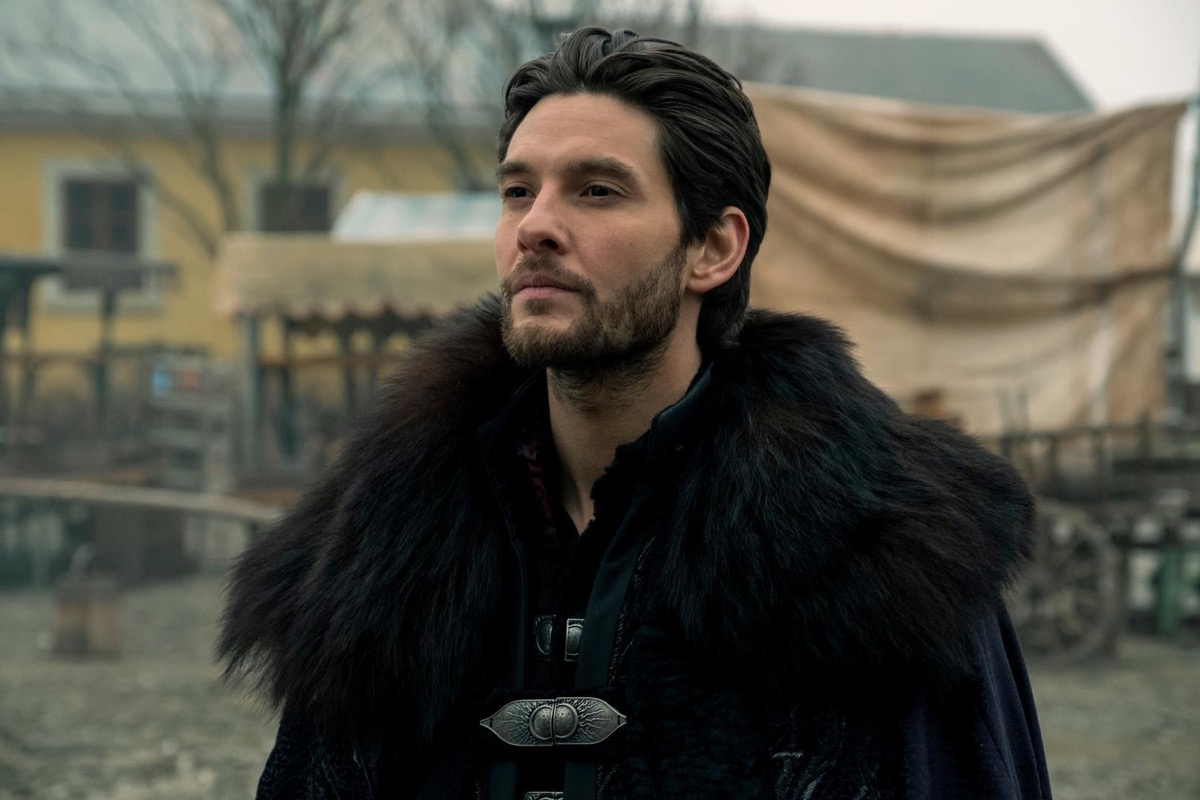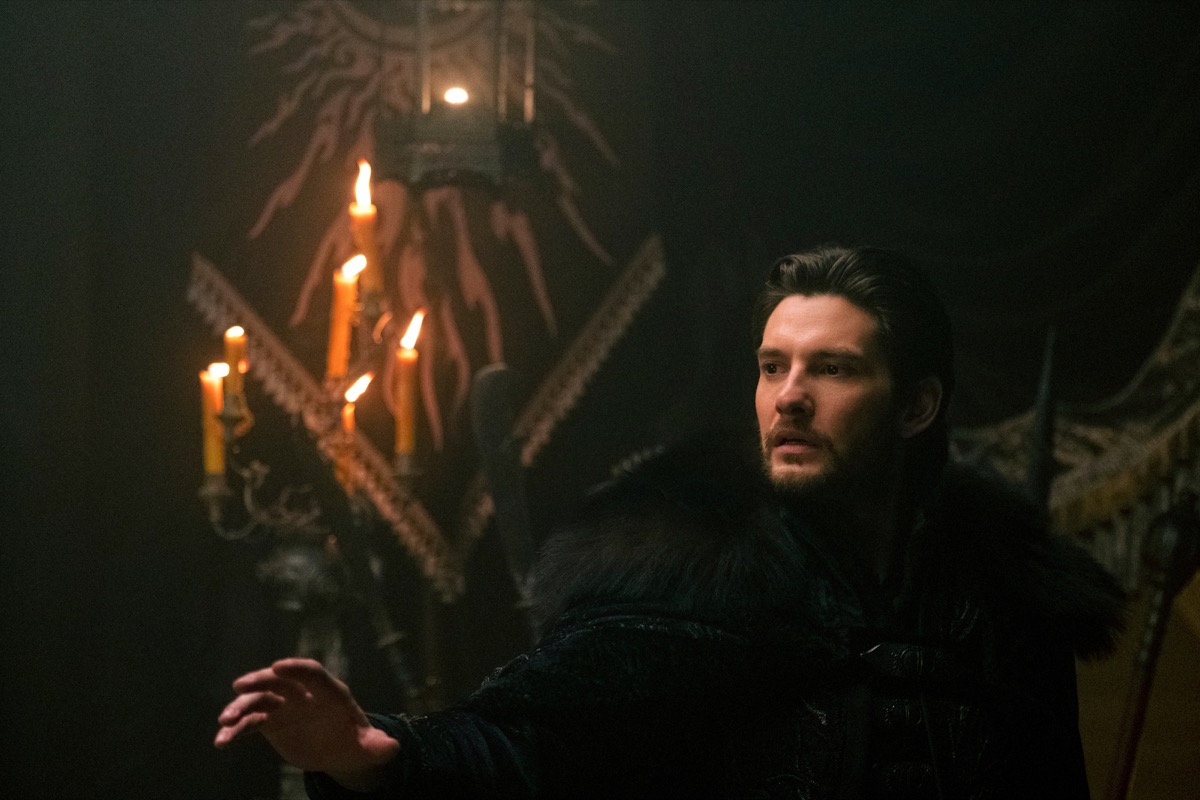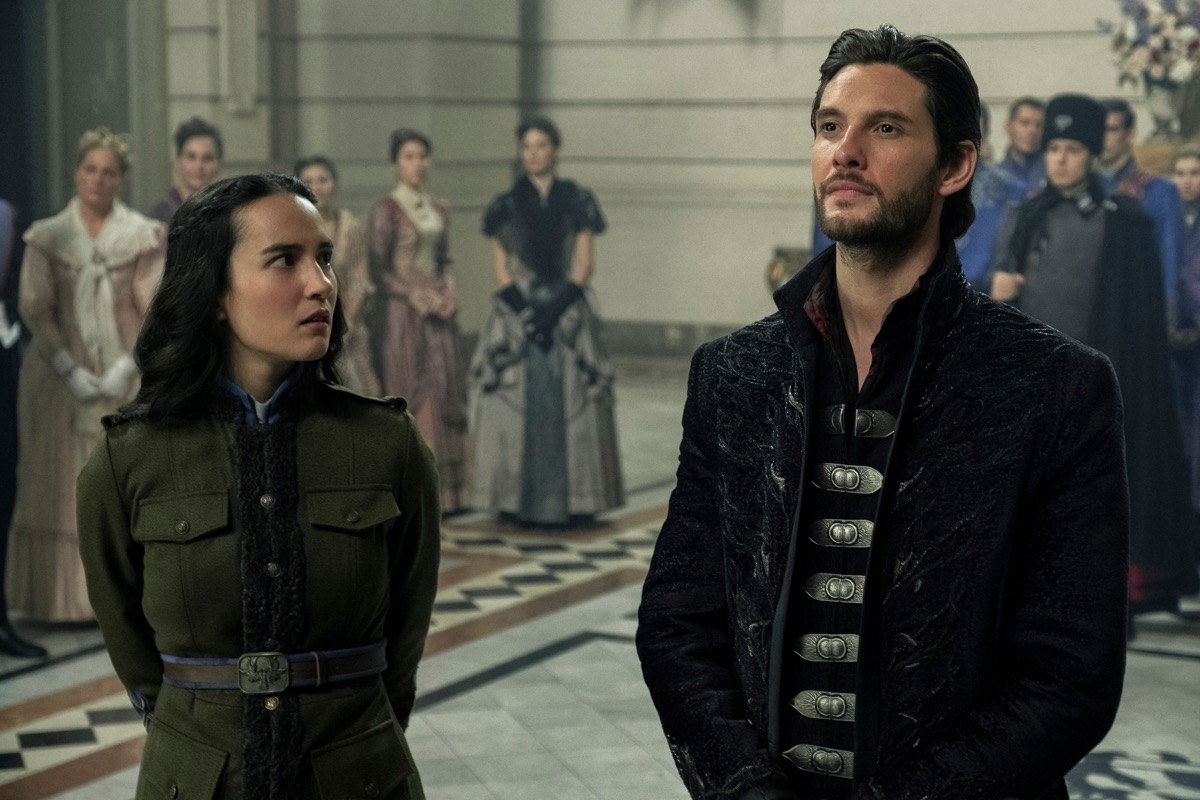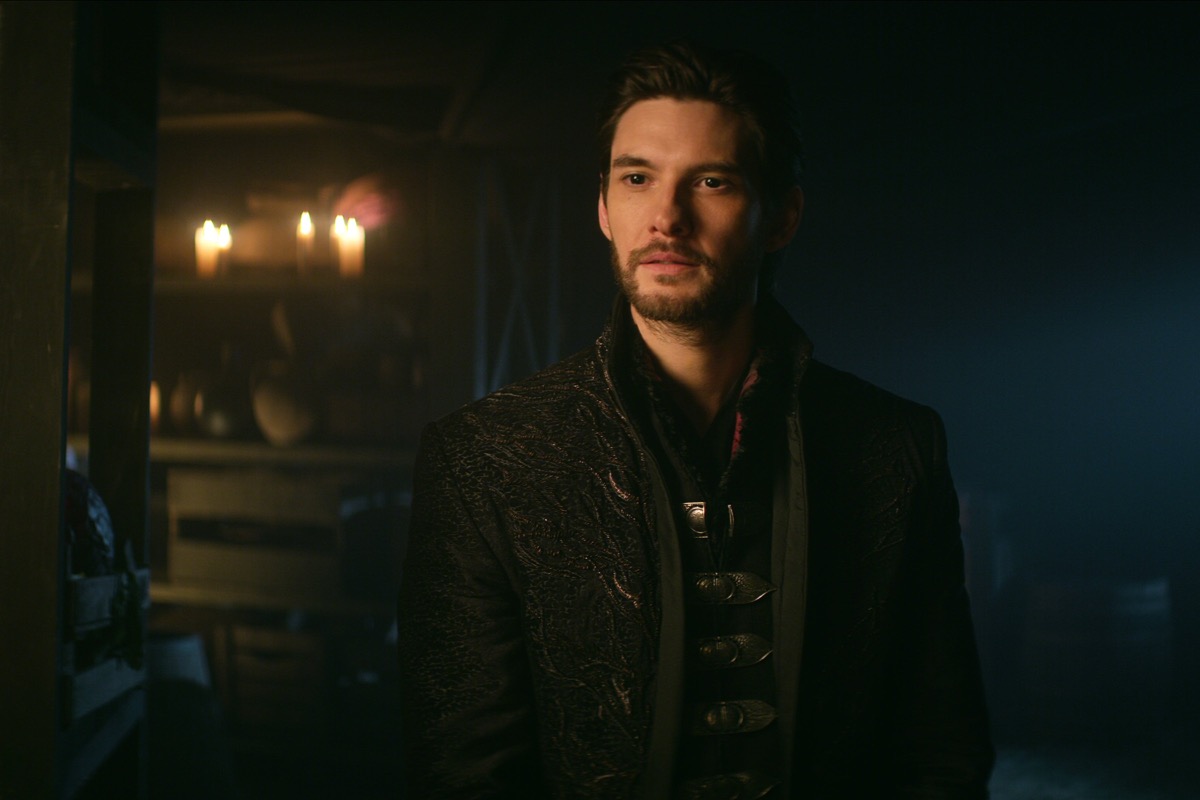Warning: This article contains spoilers to “Shadow and Bone” and the Grishaverse book series by Leigh Bardugo
Why do I love The Darkling? Well, let’s see.
Whether someone’s watched the “Shadow and Bone” series over the weekend or read Leigh Bardugo’s books way back in 2012, the question remains the same: “Why do you like him? He’s evil. He’s a war criminal. He poisoned our water supply, burned our crops and delivered a plague upon our houses. But like, fictionally.”
I’ve written about my love for villains before, but it has always been tainted by defensiveness that stemmed from Tumblr folks who’d tag you as “problematic.” In the little nook of modern fandom, liking fictional villains gets equated to your own morality, because if you like a made-up person as heinous as that, then your real-world moral compass must be off.

And so came my need to reblog threads upon threads nitpicking text with a villain’s morsel of goodness in them. Add up different versions of “Here’s why they’re getting a redemption arc” or the classic, “Here’s why they’re actually a double agent conspiring against the major big bad.” (Shoutout to you, Snape.)
But here’s the thing. While I’d drop everything for a fully-fleshed out redemption arc any minute, I’ve come to appreciate a villain by their own merits, evil doing and all. “Shadow and Bone’s” The Darkling/General Kirigan/Aleksander Morozova/The Black Heretic or whatever-you-want-to-call-him has long tapped into it.
Liking characters like The Darkling is seeing part of ourselves in a character because of their trauma, like loneliness and neglect, that sometimes, we can’t overcome as triumphantly as heroes.
In the Grishaverse, The Darkling is one of its most prominent figures. He’s the leader of the Grisha, a.k.a. magical folk who serve the king of the fictional Russia-esque country, Ravka, making him its second-in-command. While his underlings possess powers ranging from bending elements to stopping hearts, The Darkling is unique—he can summon and manipulate shadows, or cloak the world in darkness as he wishes. (Hence, you know, the name.)

In both the books and the Netflix series, we first meet him when heroine Alina does. If The Darkling brings shadows, Alina summons light. It’s pretty much a miracle for all of Ravka, even for the Grishas, since they consider this brand of power really rare. Because of this, The Darkling brings her to Ravka’s Little Palace to have her trained with fellow Grishas.
He seems noble enough at the series’ start, bent on stopping a centuries-long evil plaguing their country, with Alina being the only hope to do so. But of course, just as most of these stories go, not everything is what it seems with him.

As most bad guys are characterized, The Darkling is thought of as power-hungry and ambitious. He accidentally created the Shadow Fold (the dark void filled with monsters) and hasn’t let go of it, thinking he can use it against his enemies. He has clear-cut intentions of taking over the country and usurping the throne. But what makes him more than a mustache-twirling bad guy is depth, which is what makes a good villain—and a good character—in the first place.
We see this in the way he’s fiercely protective of the Grishas, with their kind hunted and slaughtered in neighboring countries for having powers. Throughout the books, he’s dedicated to freeing Grishas from slavery and oppression. In the show, it’s seen in pieces of his interactions with them as well as his will to bring back Nina, a kidnapped Grisha.
the darkling acting like a dad with his grishas is something that can be so personal #shadowandbone pic.twitter.com/VMMVerCIkz
— mau (@villainsaints) April 26, 2021
His villainy comes from a need to create a safe place for people like him and is a reaction to his own loneliness. At the end of it all, he sacrifices himself for the sake of Ravka. Do his reasons excuse his actions? No, of course not. Ben Barnes, the actor who plays The Darkling says my stance clearly enough: “It should be problematic. We should be able to mark it as problematic and still find it interesting.”
I’d have to repeat The Darkling’s oft-quoted line and the subject of many Tumblr and Bookstagram posts: “Fine, make me your villain,” because, god, he’s a good one.
Liking characters like The Darkling doesn’t mean we’re bound to a life of crime. For us villain stans, there’s already a clear divide between reality and fantasy, what science calls “psychological distancing.” Fantasy is an outlet to explore the what-ifs of life and it’s why we like the genre—and storytelling—in the first place. It’s seeing part of ourselves in a character because of their trauma, like loneliness and neglect, that sometimes, we can’t overcome as triumphantly as heroes.

Now, I’m pretty unapologetic about my problematic fictional faves like The Darkling because at the end of it, they’re stories and ideas of people we have to tell.
With that, I’d have to repeat The Darkling’s oft-quoted line and the subject of many Tumblr and Bookstagram posts: “Fine, make me your villain,” because, god, he’s a good one.
Read more:
I’m a Draco Malfoy apologist—what about it?
Thanks to Hsu Taiyu, I still believe in getting my best meet-cute
Siwon Choi is the reason I fall for second leads
Stills from “Shadow and Bone”
Art by Yel Sayo














































